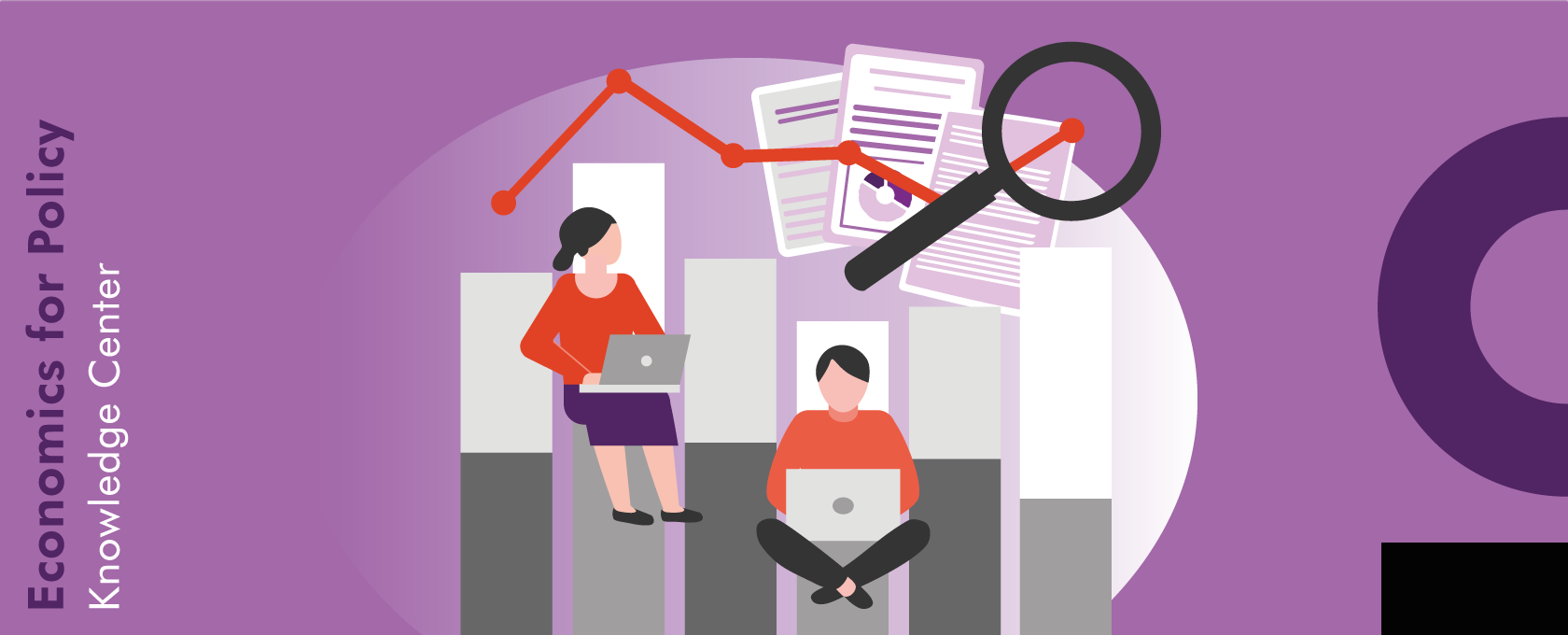Working to get fired? Unemployment benefits and employment duration
Working to get fired? Unemployment benefits and employment duration
In many countries, jobseekers are entitled to unemployment benefits (UBs) only if they have previously worked a minimum period of time. This institutional feature creates a sharp change in the disutility from unemployment at UB eligibility and may distort the duration of jobs. In this paper, we evaluate this eligibility effect using a regression discontinuity approach. Our evidence is based on longitudinal social security data from Portugal, where jobseekers are required to work a relatively long period to collect UBs. We find that monthly transitions from employment to unemployment increase by 10% as soon as the eligibility condition is met. This result is driven entirely by transitions to subsidised unemployment, which increase by 20%, as non-subsidised unemployment is not affected. The effects are even larger for the unemployed with high UB replacement ratios or those who meet the eligibility condition from multiple short employment spells. These transitions deserve greater attention from UB agencies and public employment services.
About Authors



